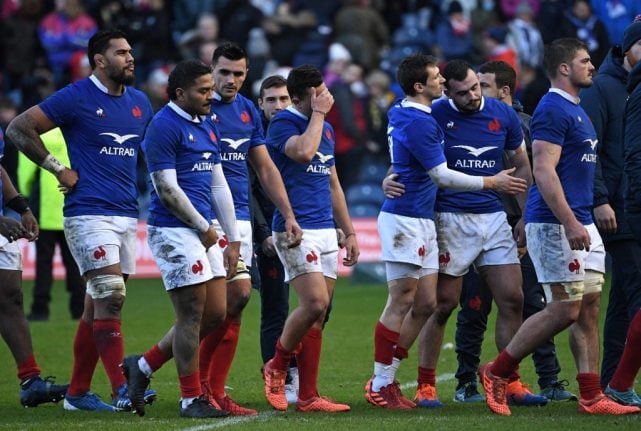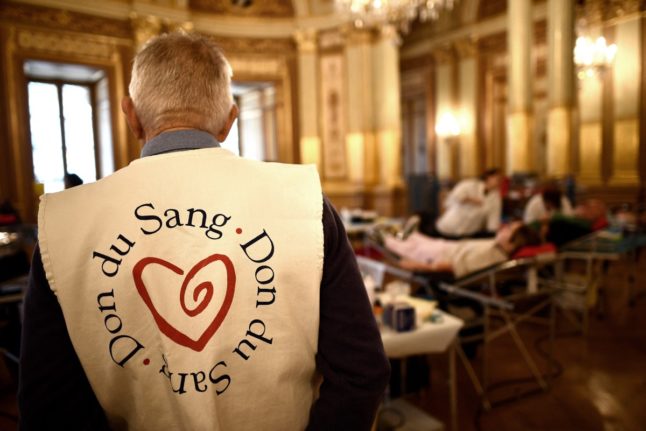The match – France's final game of the tournament, which had been scheduled for March 14th at the Stade de France in Paris – will now be played in October.
“Following instructions received from the authorities in France, the decision has been made to postpone the Round 5 Guinness Six Nations match between France and Ireland,” organiser Six Nations Rugby said in a statement.
The decision comes as France brings in a ban on all gatherings of more than 1,000 people as the number of confirmed cases of coronavirus in France passes the 1,000 mark.
French health minister Olivier Véran announced on Sunday night that all gatherings of more than 1,000 people would be banned, stepping up previous restrictions on gatherings of more than 5,000 people in enclosed spaces.
Organisers of the Paris marathon had already announced that will also be postponed until October.
The ban has some exemptions for competitions, public transport and demonstrations, but on Monday Six Nations organisers confirmed that the France v Ireland game has been postponed.
Two games in Italy had already been postponed.
It is thought that all postponed games will now take place in the autumn.
READ ALSO Should I cancel my trip to Paris because of coronavirus?
The cases in France are largely concentrated in four 'cluster' zones in the east of the country and despite the ban on gatherings most aspects of life in France are continuing as normal.
You can find the latest updates on the situation in France here.



 Please whitelist us to continue reading.
Please whitelist us to continue reading.
Member comments